Tehran, June 27 (V7N) — In the heart of Iran’s bustling capital, a modest café stands quietly beside a potent symbol of geopolitical tension: the long-shuttered U.S. Embassy. Buff Cafe, known for serving some of Tehran’s best iced Americanos, offers more than just coffee — it reflects the complex layers of Iran’s past and present.
Inside the café, two tables are occupied: one by a woman in a traditional black veil, the other by a young woman in jeans and loose hair, challenging the country’s strict dress codes. A wooden sign reads, “Keep calm and drink coffee.” But calm is hard to find in Tehran these days.
“U.S. sanctions are hurting our business and making it difficult to travel around the world,” says Amir, who works at Buff Cafe. Like many Iranians, he hopes relations between Tehran and Washington will improve.
But that hope is clouded by recent events. A few blocks away, at the Islamic Republic of Iran Broadcasting (IRIB) compound, a recorded address by Supreme Leader Ayatollah Ali Khamenei aired on Thursday (June 26). In his first message since recent U.S. airstrikes and a ceasefire with Israel, he warned of continued Western pressure.
“The Americans have opposed us since the beginning. They want us to surrender. But we never will,” Khamenei declared, speaking from a bunker where he took refuge following an Israeli airstrike that targeted Iran’s nuclear infrastructure and scientists.
A City Recovering, A Nation Wounded
Meanwhile, the physical and emotional scars of war remain raw. At Taleghani General Hospital, head nurse Ashraf Barghi described the impact of the 12-day Israeli assault, including the June 23 missile strike on Evin Prison, notorious for housing political detainees.
“I’ve never seen such horrific injuries in 32 years,” she said, her voice trembling. Many patients remain in critical condition.
One of them is Morteza, a prison transport staffer, lying in a hospital bed. He sustained shrapnel wounds to his arm and back. “Israel says they only attacked military and nuclear sites, but that’s a lie.”
The prison attack was widely viewed as a symbolic blow, part of what Israeli officials described as efforts to “send a message.” Prime Minister Benjamin Netanyahu has repeatedly urged the Iranian people to rise up for freedom.
Emotions Run High on the Streets of Tehran
In the city’s iconic Azadi Square, Mina, a young woman, broke down in tears beneath the towering monument. “These were not good days. We tried so hard for a better life, but now we see no future.”
Despite the trauma, life in Tehran is slowly returning to its rhythm. Tree-lined avenues are once again filled with traffic. Bazaars are reopening. Families who fled the city are cautiously returning. Yet, under the surface, uncertainty simmers.
At an open-air concert by the Tehran Symphony Orchestra, patriotic melodies attempted to lift spirits, even as many in the crowd wore anxious expressions.
“The government must listen to the people,” said Ali Reza, standing among the crowd. “We just want freedom.”
Media Under Restriction, But Voices Persist
International journalists, including BBC’s Lyse Doucet, have been permitted to report under strict conditions. Authorities have forbidden the use of their material by BBC Persian Service—a reflection of Iran’s tight control over information flow.
Even so, voices on the ground—baristas, nurses, musicians, and ordinary citizens—are making themselves heard. In a time of crisis, their words reflect the deep yearning of a nation caught between hope and hardship, waiting to see how the actions of leaders in Tehran, Washington, and Tel Aviv will shape their future.
END/RH/AJ



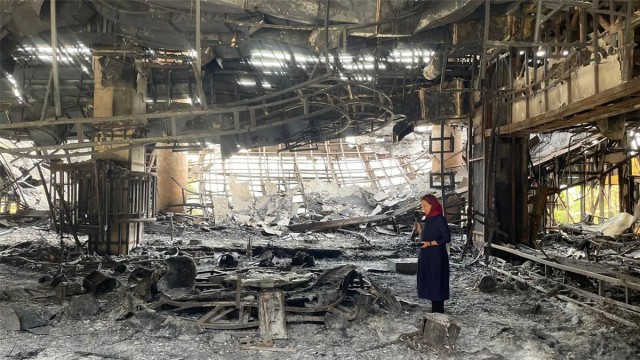
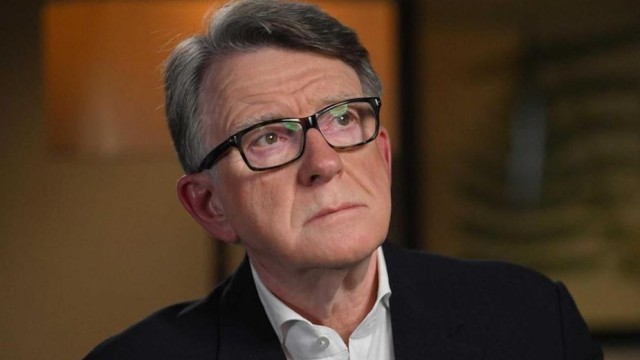

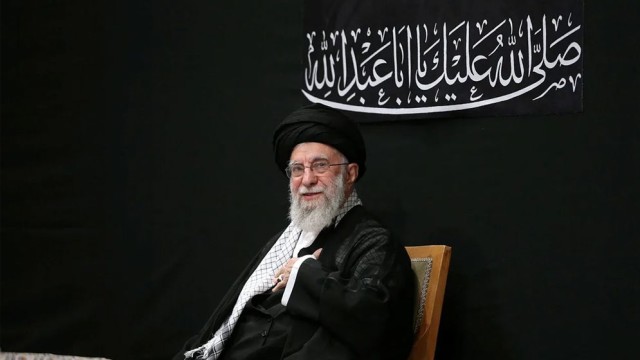
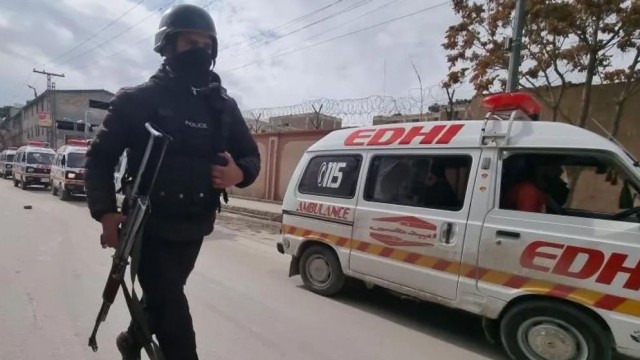
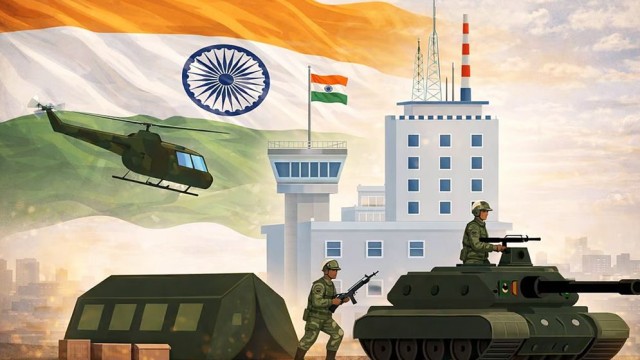
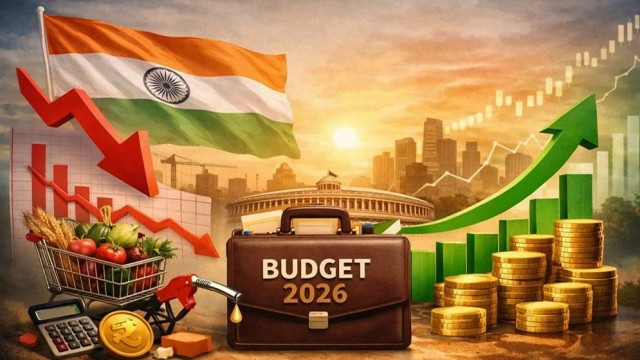

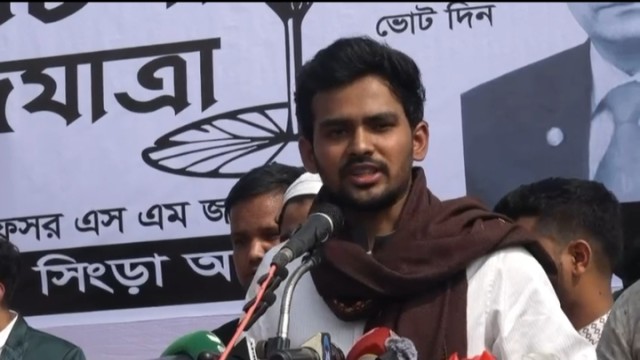
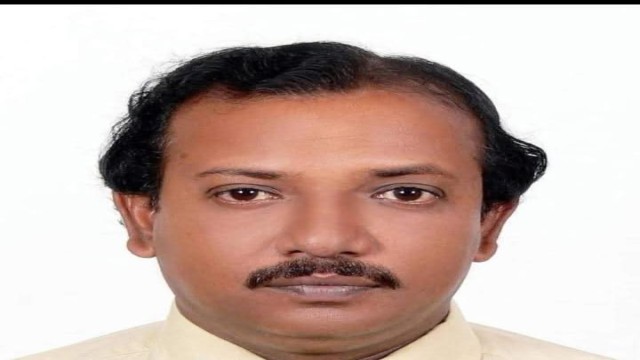


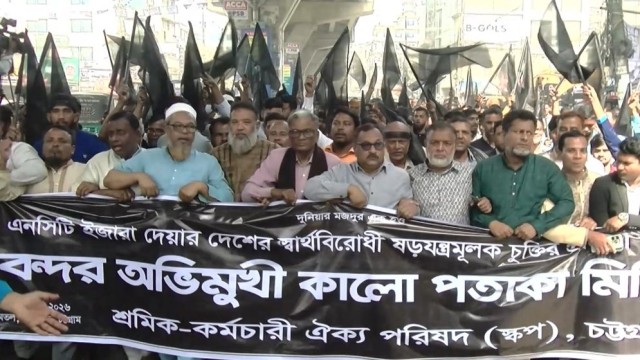
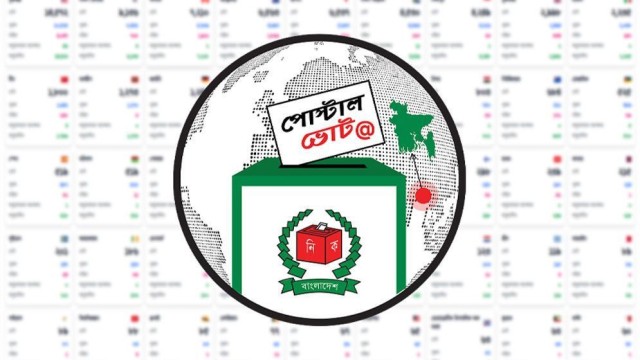
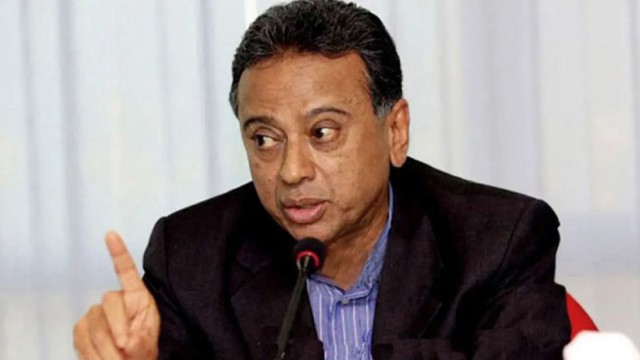

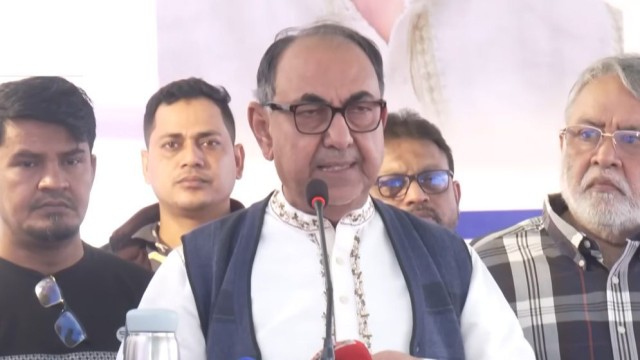








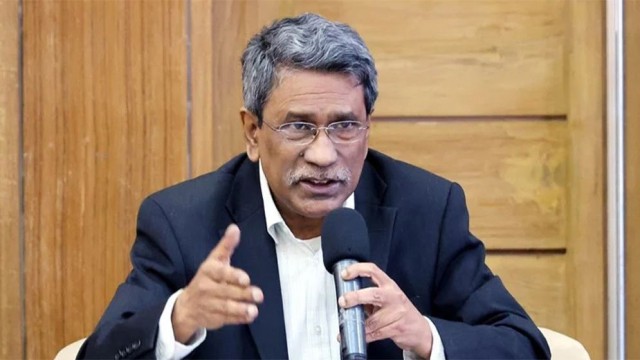
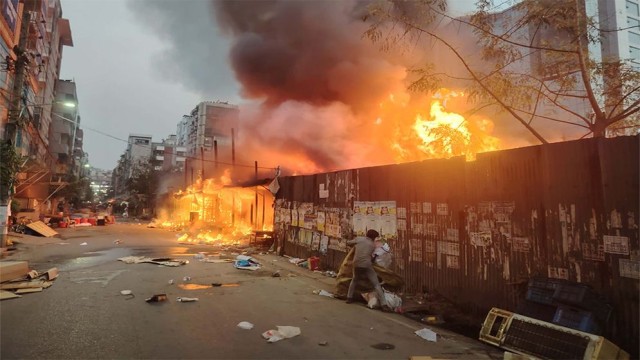

Comment: